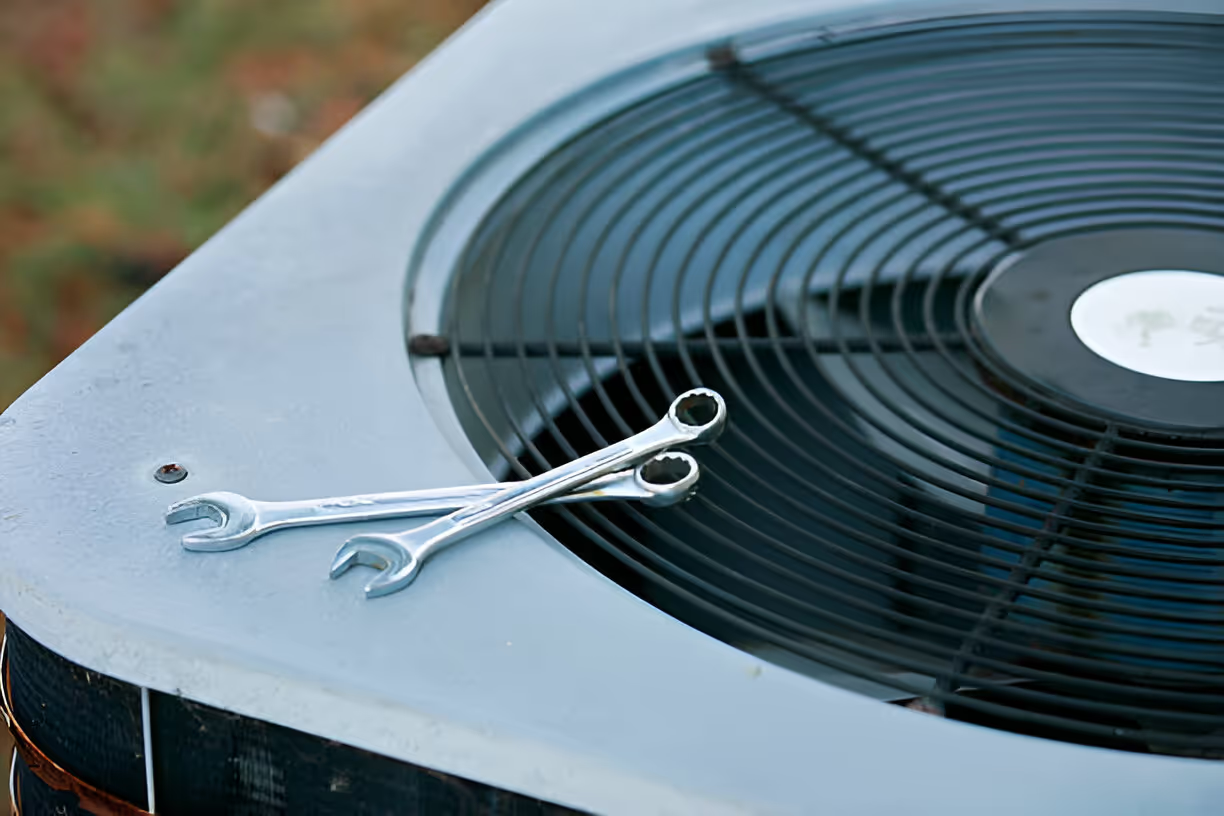HVAC Maintenance in Mt Sinai, NY
Keeping your heating and cooling systems tuned and healthy is essential in Mt Sinai, NY, where humid summers, cold winters, and coastal exposure put extra stress on HVAC equipment. Regular HVAC maintenance prevents unexpected breakdowns, preserves indoor comfort, improves efficiency, and extends equipment life — especially important for Long Island homes and businesses that face salt air corrosion, high summer humidity, and seasonal pollen.

Why proactive HVAC maintenance matters in Mt Sinai, NY
- Coastal salt and sea breezes accelerate outdoor coil corrosion and electrical connection wear.
- Hot, humid summers increase condensate loads and risk of mold growth in coils and ducts.
- Cold winters stress heat exchangers and fuel systems; poor maintenance raises carbon monoxide risks.
- Seasonal pollen and falling leaves (common in suburban neighborhoods) clog filters and outdoor units, reducing airflow and efficiency.
Given these local factors, a tailored maintenance program that includes seasonal tune-ups and preventive checks pays off fast through fewer repairs, lower energy use, and longer equipment life.
Common HVAC problems in Mt Sinai homes and commercial properties
- Reduced airflow from clogged filters, dirty coils, or duct leaks
- Refrigerant loss or improper charge leading to poor cooling performance
- Electrical wear and corroded outdoor connections causing intermittent failures
- Condensate drain clogs and associated water damage or mold growth
- Heat exchanger cracks or combustion issues in older furnaces
- Thermostat or control malfunctions causing comfort inconsistencies
- Rooftop unit deterioration for commercial properties exposed to elements
Most of these issues are preventable or detectable early with consistent maintenance.
What a comprehensive seasonal tune-up includes
During a seasonal tune-up, trained technicians follow a systematic checklist to restore performance and catch developing problems early. Typical tasks include:
- Visual inspection of the outdoor unit, cabinet, and mounting for corrosion, debris, and physical damage
- Filter inspection and replacement recommendations (or replacement if included)
- Condenser and evaporator coil cleaning to restore heat transfer
- Refrigerant level check and leak detection; measuring system pressures and adjusting charge when needed
- Airflow assessment: measuring blower operation, static pressure, and return/supply performance
- Electrical system check: tightening connections, testing capacitors and relays, verifying voltage and amperage
- Safety inspections: heat exchanger examination, carbon monoxide testing, and combustion analysis for gas-fired equipment
- Thermostat calibration and control sequence verification
- Condensate drain inspection and cleaning to prevent backups and microbial growth
- Duct inspection for obvious leaks, disconnected runs, or insulation issues; recommendations for sealing or repair
- Lubrication of motors and moving parts where applicable
- Documentation of findings, efficiency recommendations, and priority repair notes
Technicians explain any issues in plain language, identify critical safety concerns, and provide an estimate for necessary repairs or upgrades.
Preventive checklist — what we monitor regularly
- Filter condition and replacement schedule (every 1–3 months depending on occupancy and filter type)
- Coil cleanliness and signs of corrosion
- Refrigerant integrity and signs of leaks
- Blower motor condition and belt tension
- Electrical components for corrosion and wear
- Combustion safety and exhaust venting
- Drain pan and condensate line condition
- Ductwork insulation, joints, and airflow balance
- Thermostat settings and zoning performance
- Indoor air quality devices (humidifiers, dehumidifiers, purifiers) functionality
Membership plan benefits (residential and commercial)
Membership programs are designed to remove the hassle of remembering tune-ups and to protect warranties and budgets. Typical benefits include:
- Scheduled seasonal tune-ups (spring for cooling, fall for heating)
- Priority scheduling during peak seasons
- Waived or reduced diagnostic fees for covered systems
- Discounted rates on repairs and replacement parts
- Written service records that help maintain manufacturer warranty compliance
- Energy and performance reports to show the impact of maintenance
- Customized plans for high-use or sensitive commercial systems with flexible service windows
For commercial properties, maintenance agreements can be customized with planned preventive visits, off-hours service, and compliance checks for building codes and insurance purposes.
Residential vs. commercial maintenance options
Residential plans focus on comfort, safety, and efficiency for single- and multi-family homes. They typically include biannual inspections, filter changes, and seasonal performance tuning.
Commercial maintenance addresses larger systems and operational needs:
- Rooftop units, packaged systems, and building automation systems receive specialized attention
- Scheduled preventative visits to minimize downtime during business hours
- Energy management assistance to optimize setpoints and reduce operating costs
- Documentation for regulatory compliance and insurance requirements
Commercial clients often benefit from more frequent visits or custom scopes based on occupancy, hours of operation, and process-critical environments.
How regular maintenance extends equipment life and saves money
- Improved efficiency reduces energy consumption; clean coils and properly charged refrigerant restore design performance.
- Early detection of small issues prevents costly component failures and emergency replacements.
- Proper lubrication and electrical care reduce motor and compressor stress, extending useful life.
- Maintaining safety components prevents hazardous conditions that could lead to costly liability or property damage.
- Documented maintenance supports warranty claims and resale value for homes and commercial assets.
Across typical systems, well-maintained equipment can last several years longer than neglected units and operate at a higher percentage of original efficiency.
Scheduling and practical considerations
Seasonal tune-ups are most effective when scheduled just before peak use: spring for air conditioning and fall for heating. For Mt Sinai properties, planning ahead of summer humidity and Nor’easter season helps avoid service delays and emergency repairs. Flexible scheduling options accommodate busy homeowners and non-disruptive windows for businesses.
When choosing a maintenance program, look for: clear scope of work, documented service records, technicians certified for your equipment type (heat pump, gas furnace, ductless systems), and transparent outlines of membership benefits and exclusions.
Final note on long-term value
HVAC maintenance in Mt Sinai, NY is an investment that protects comfort, safety, and asset value. With local climate stresses and coastal exposure, regular preventive care is the most reliable way to keep systems running efficiently, avoid mid-season failures, and maximize equipment lifespan. Whether you have a single-family home, a multi-unit building, or commercial space, a structured maintenance plan tailored to local conditions and system type delivers predictable performance and peace of mind.
Customer Testimonials
Hear directly from homeowners who trust Bobby O’s HVAC Inc. for fast response times, honest service, and lasting comfort.











